Single use plastics are plastic items that are designed to be used just once. Things like food packaging, straws and water bottles are all single use items. Around half the plastic thrown away is single use, although hopefully, this percentage is dropping as the use of reusable drinking bottles and straws becomes more common
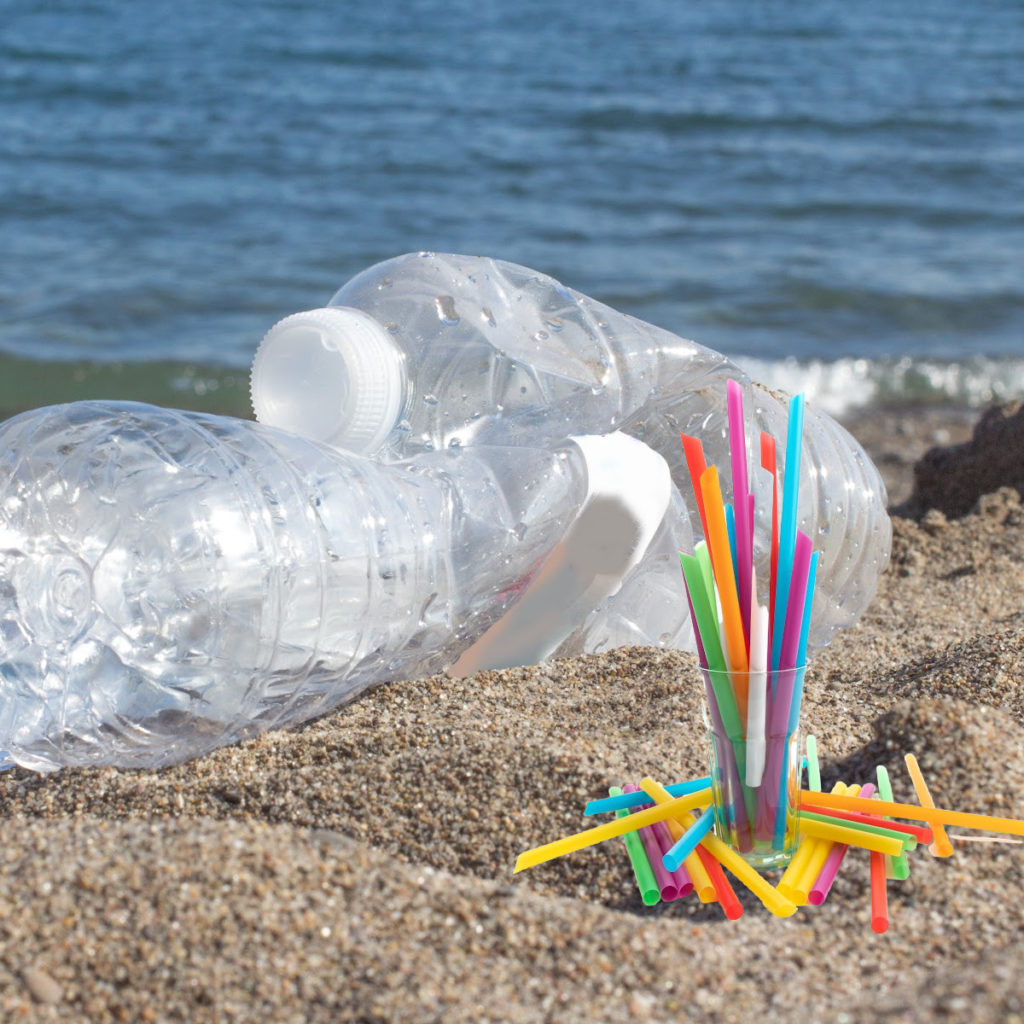
Did you know it can take up to 400 years for plastics to break down? Even as they are breaking down, plastics don't just disappear. Animals can get trapped and tangled up in them or mistake them for food and try to eat them. Even biodegradable plastics can take 100s of years to break down completely.
Plastic has even been found in the Mariana Trench. The Mariana Trench is the deepest point on Earth, so this is VERY bad news.
When small pieces of plastic are eaten by fish and other animals, they build up in the fish, which are then eaten by humans, potentially causing all kinds of health problems.
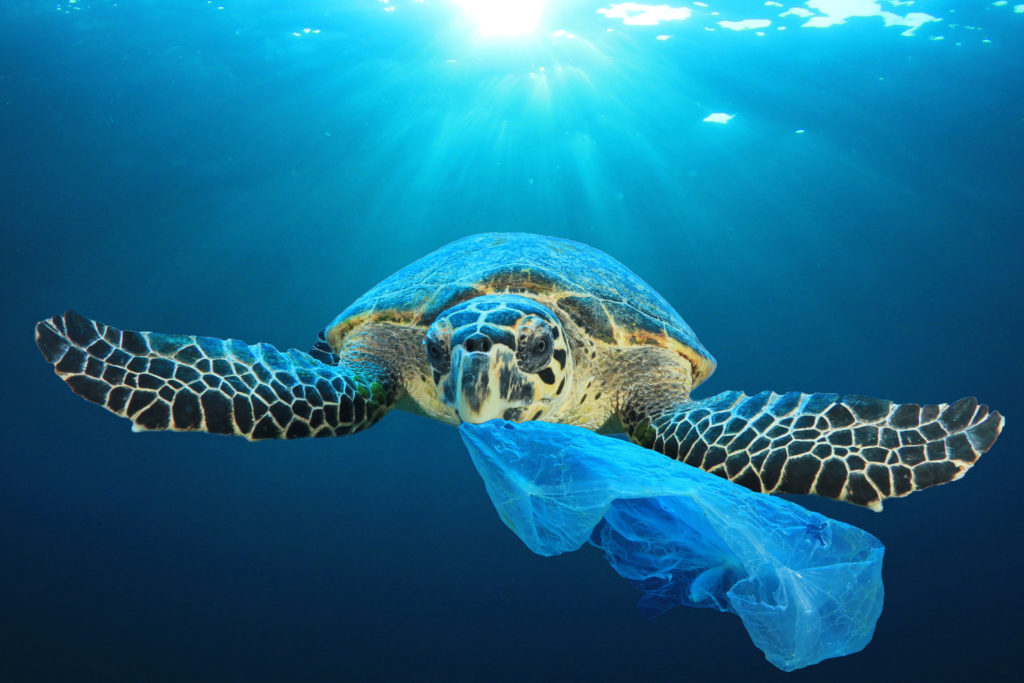
Plastics from clothes
Did you know that clothes made from polyester, nylon, acrylic and other man-made materials often contain plastic? When you wash them, tiny microfibres of plastic come off the clothes and can eventually end up in the sea, where they make their way into the food chain.
This process of toxins and chemicals from plastic building up in animal tissue is called bio-accumulation.
More about pollution and plastics
Kids Against Plastic has some great resources for teaching kids about the effects of plastic and pollution.
Learn more about pollution with my ideas for teaching kids about pollution.
Take the plastic pledge to find out how you can save the planet from plastic!
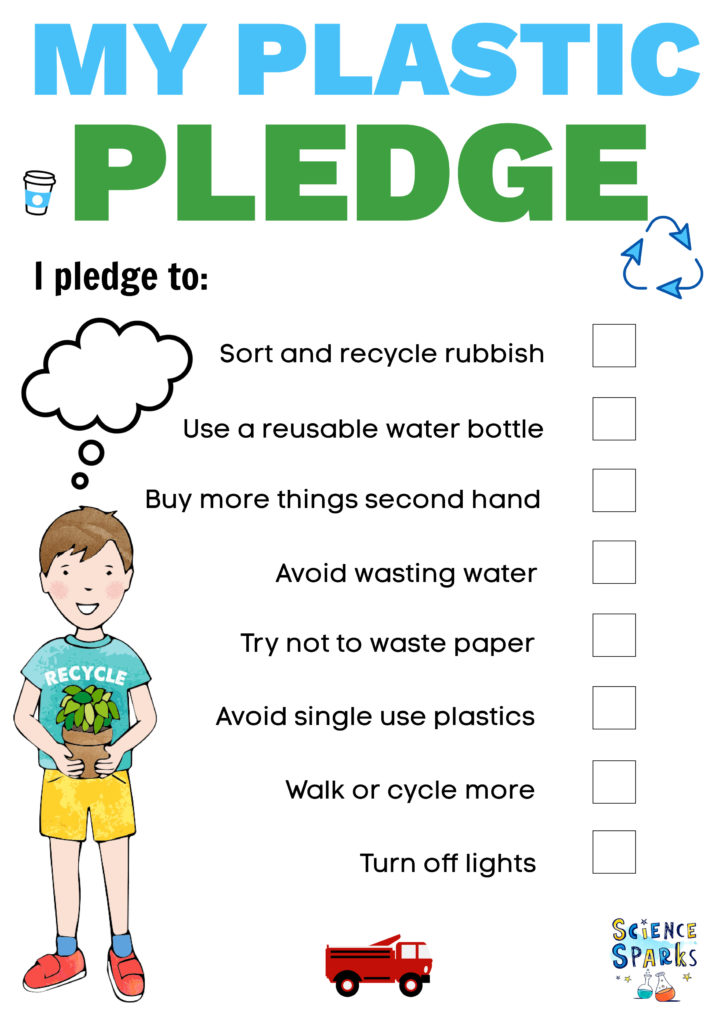
Activity ideas for learning about plastic
Design a device to fit in a washing machine to catch pesky plastic microfibres.
Create a device for trapping plastic in the ocean. This could be some kind of net, perhaps self-propelled to move around the surface of the sea.
Build new useful products from single-use plastic items. Perhaps turn a water bottle into a plant pot or watering can, use old food packaging as storage for stationary or other items or create a piece of art!
Last Updated on October 24, 2023 by Emma Vanstone
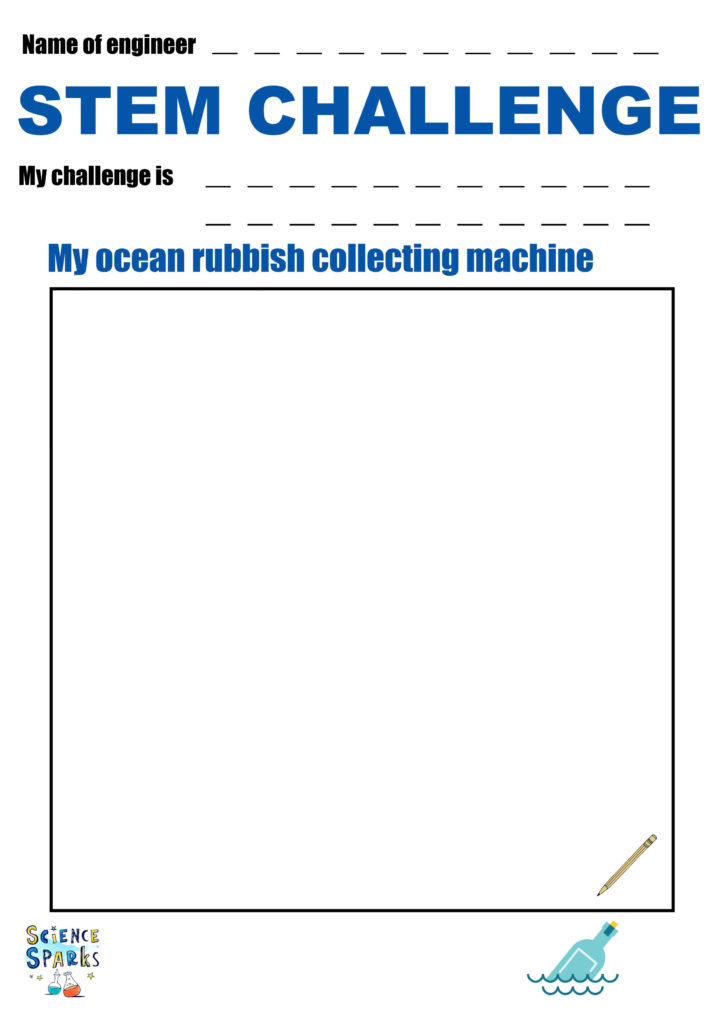
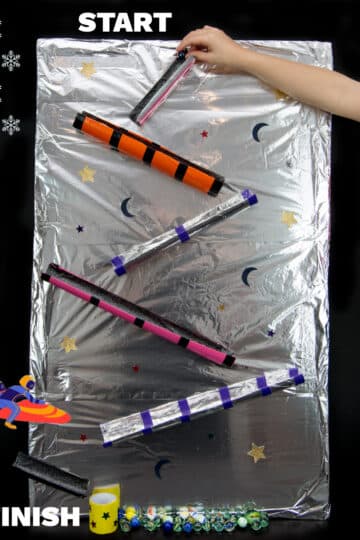
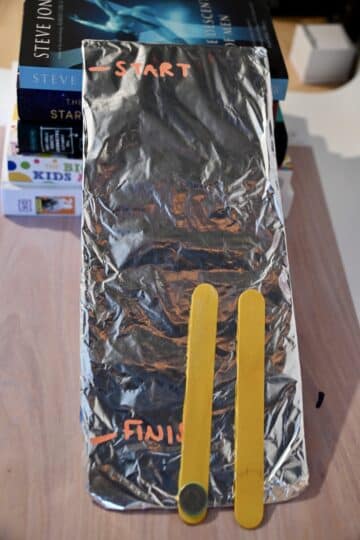

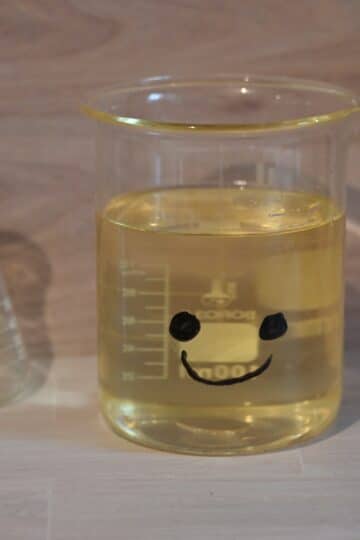
Leave a Reply